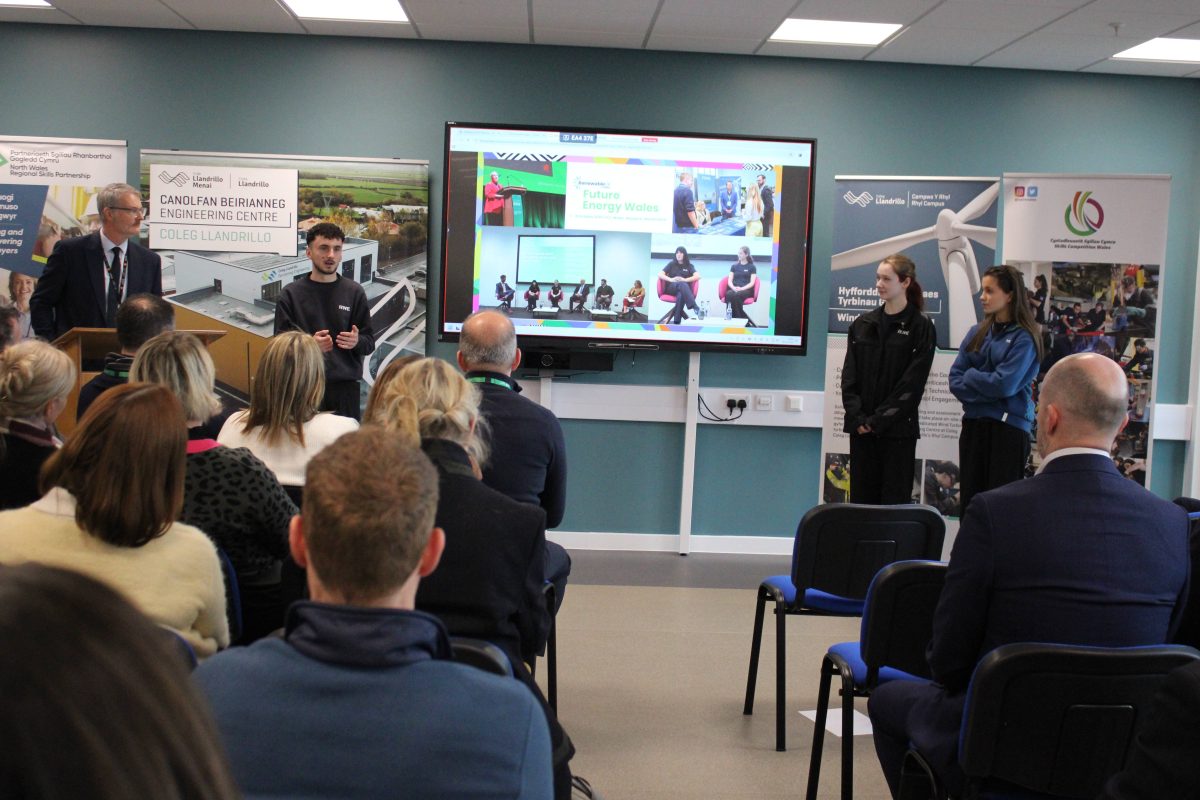Governments must work collaboratively with others if education is to be delivered effectively in the future

98% of experts believe digital learning here to stay, but government action critical, says landmark Oxford University Press (@OxUniPress) report on year of global education disruption
The Covid-19 pandemic has paved the way for a hybrid model in education, combining digital and traditional methods of teaching and learning—but governments need to act so that progress from the past year is not lost, according to the latest report from Oxford University Press (OUP), the world’s largest university press.
The report, Education: The Journey Towards a Digital Revolution, captures insights from experts across seven markets — the UK, Brazil, South Africa, Pakistan, India, Spain, and Turkey — as well as hundreds of teachers and extensive secondary research. With the pandemic affecting more than 1.7bn students worldwide over the past 12 months, the report analyses how teachers, students, and parents adapted to new ways of delivering education, and will continue to utilize digital learning tools and resources to shape educational practice in the future.
Within the UK specifically, OUP’s experts believe that although printed learning resources will still be valuable, blended learning will become the standard. Fortunately, confidence in delivering digital learning has significantly increased over the past 12 months; before the pandemic, 65% of UK teachers were confident in using digital learning, compared to 92% of teachers who feel confident now. They also predict that the ongoing digital transition could result in rethinking assessment models in the future, particularly at GCSE level.
When asked about what steps governments should take to support digital learning, UK teachers called for increased funding for technology (57%), more funding for schools/ institutions (50%) and support for improving connectivity (50%). 40% of teachers and 73% of OUP’s UK experts called for the government to work with education experts to shape future education policy.
While there were clear regional trends, there were also similarities across all markets:
- 98% of OUP’s experts said they believe digital learning will be firmly embedded in teaching practices in the future.
- The factors deemed to have impacted the most on the effectiveness of digital learning were socio-economic barriers (79%) and uncertainty in day-to-day life caused by the pandemic (74%).
- Long-term impacts of the pandemic such as the digital divide and the impact on wellbeing need to be addressed; 70% of OUP’s experts concluded the shift to digital learning has raised concerns about student wellbeing, and 85% believed that learners from disadvantaged backgrounds have fallen behind their more advantaged peers.
- Curricula needs to evolve so that learners develop the core skills needed to navigate future uncertainty and become ‘digitally fluent.’
Drawing on the insights, OUP is urging governments and educators globally to address the challenges brought about by a year of educational disruption and ensure that positive developments from the past year are not lost. Key recommendations include:
- Governments should actively collaborate and learn from teachers and students and use their recent experiences to inform future policy and curriculum development.
- Governments need to work with institutions to address the digital learning divide, not just now, but for the future too.
- Wellbeing must be considered as part of education policy as digital becomes increasingly embedded in education—including support for teachers and parents.
- Curricula should evolve to provide learners with the skills they need to be both digitally fluent, and adaptable to whatever the future holds.
Speaking about the research, Nigel Portwood, CEO of Oxford University Press, said:
‘The coronavirus pandemic has, unsurprisingly, prompted a rapid increase in the adoption of digital learning. As we start to reimagine what education may look like in the future, it is imperative that the UK government—and indeed, governments all over the world—learn from those who have been on the frontline, delivering and receiving learning. We have a huge opportunity to learn from all our experience to develop education systems that will work for both local and global society.’
Full recommendations
- Governments should actively collaborate and learn from teachers and students and use their recent experiences to inform future policy and curriculum development.
- Governments need to work with institutions to address the digital learning divide, not just now, but for the future too.
- Wellbeing must be considered as part of education policy—including support for teachers and parents.
- Curricula should evolve to provide learners with the skills they need to be both digitally fluent, and adaptable to whatever the future holds.
- We must not assume a ‘one size fits all’ approach when it comes to digital learning and must consider individual circumstances.
- Teachers must be brought along the digital journey and supported via professional development.
- As institutions start to return to the classroom, they will need to develop strategies to support re-integration and learner motivation.
- Quality content and learning outcomes must be put back at the heart of learning, rather than focusing on learning platforms and methods of delivery.
International Insights
South Africa
In South Africa, specific issues such as a lack of digital devices for students and how much data online learning would use up were major barriers that severely hampered learning, as well as poor internet connectivity in general. These ongoing challenges mean that our experts believe that more support is required to facilitate learning, and that infrastructure in schools will need to be improved to enable a hybrid learning model. The experts consulted in the region scored South Africa scored the country’s response transitioning to digital as 2.3/5 – one of the lowest of all markets surveyed.
Brazil
In Brazil, some of the issues faced when transitioning to digital learning included a lack of parental familiarity with digital devices and learning tools, as well as intermittent broadband. Furthermore, Brazil was also hampered by regional differences in how learning was and will be delivered. While it is likely that remote delivery will be incorporated into the daily routine of learners to support out of classroom tutoring or to access extra content, government funding is essential to help support better internet connectivity so that people from less wealthy backgrounds are not left behind.
Spain
In Spain, the report predicts that digital learning will become even more prevalent in the future. However, it also highlights that there were specific issues at the height of the digital revolution during the pandemic, including a lack of teacher familiarity with tools and a particular concern around wellbeing, with most respondents believing the shift towards digital exacerbated wellbeing issues for teachers and students alike. In order to successfully implement digital learning in the future, respondents called for increased funding for schools and more opportunities for professional development among teaching communities.
Pakistan
In Pakistan, to facilitate learning for students who did not have access to digital devices, the government started a state TV and radio channel to aid learning. While this enabled most people to gain some level of education outside of the classroom, the research highlighted that more needs to be done to help facilitate what is expected to be a continued shift towards digital learning. This includes more funding, professional development for educators and students, and wider connectivity in Pakistan, in order for blended digital learning to benefit all in society.
India
In India, compared to other countries, respondents felt that the transition to online learning was done rather well, scoring 3.3/5. However, a major issue identified by respondents was unequal access to digital learning devices, as well as a lack of internet connectivity and little familiarity around the tools required to facilitate online learning. The majority of respondents in India (71%) also felt that shifting to online has been detrimental to wellbeing. The priority for the government is to provide more funding, as well as addressing connectivity issues, particularly in rural areas.
Turkey
The main challenges in Turkey revolve around unequal access to technological devices and a lack of familiarity with them. Concerns around learner motivation was also seen as a particular barrier to effective digital learning. However, overall the transition to digital during the coronavirus pandemic was rated very highly by respondents, scoring 4/5. Respondents in the region believe there will be a shift towards hybrid learning in the future, though there is a need for government to work closely with educators to shape policy in the future, and provide extra funding for schools and institutions, as well as for new technologies.
Methodology: Insights from an OUP survey among 283 teachers in the UK, which took place between 22 February and 8 March. Prior to the pandemic, 65% felt either ‘quite confident’, ‘confident’, or ‘very confident’ in delivering digital learning, compared to 92% who feel that way now.











Responses